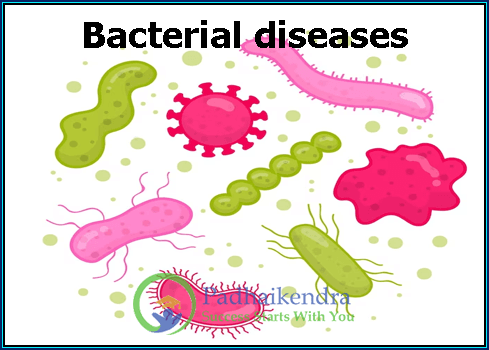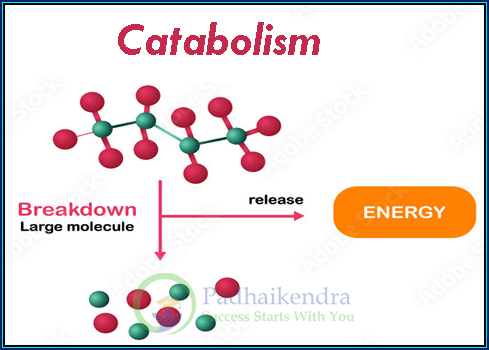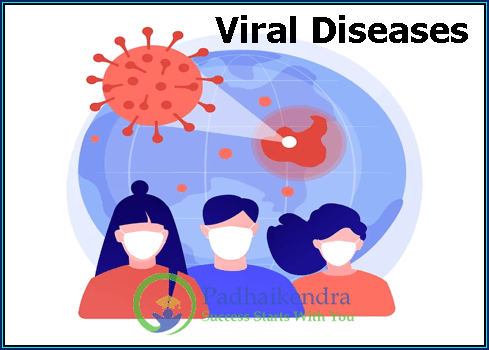Hormones and enzymes are both types of biological molecules that play important roles in regulating various physiological processes in the body, but they differ in their functions and mechanisms of action.
Hormones are chemical messengers that are produced by endocrine glands and released into the bloodstream, where they travel to target organs and tissues throughout the body. Hormones regulate various physiological processes, such as growth and development, metabolism, and the response to stress. Hormones typically bind to specific receptors on the surface of target cells, triggering a series of chemical signals within the cell that result in a specific response.
Enzymes, on the other hand, are protein molecules that catalyze biochemical reactions in the body. Enzymes are involved in a wide range of metabolic processes, such as digestion, energy production, and the synthesis of cellular components. Enzymes bind to specific substrates and catalyze the conversion of these substrates into products, often by lowering the activation energy required for the reaction to occur.
In summary, hormones are chemical messengers that regulate physiological processes by binding to specific receptors on target cells, while enzymes are protein molecules that catalyze biochemical reactions in the body by binding to specific substrates.





